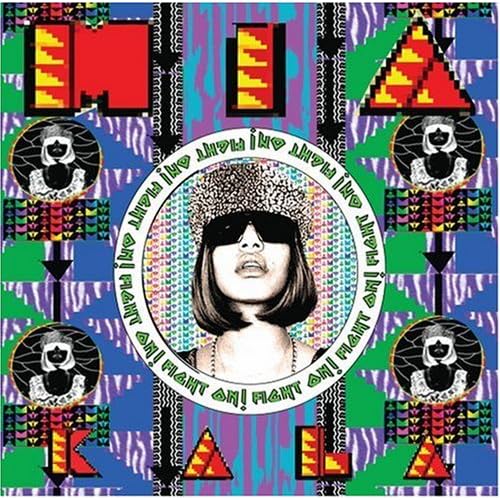
19 Matthew Shipp, Piano Vortex
Improvised music – or jazz, or creative music, or whatever you wish to call it – is by its nature forgiving of creative missteps. It retains the ‘throw it against the wall and see what sticks’ ethos of jazz, its deepest root, as well as permitting a far more frequent release schedule than its pop music brethren, where an album a year is a good clip. As a result improvising musicians are permitted to air their laundry in public, to try new things, to tinker slightly with their approach or to radically overhaul their modus operandi. Other musicians do these things too, of course, but they tend to bury the evidence, whereas improvised music’s adventurous spirit demands that the tapes be heard. It is largely concerned with the very act of creation and less worried about the finished product.
Pianist Matthew Shipp has never been afraid to try anything. His voluminous discography is a testament to his creative restlessness and an utter lack of fear. Electronics, radical structures, cut-and-paste reassemblage, collaborations with underground hip hop wonders Antipop Consortium, funk, classically-influenced improvisation, solos and a huge variety of group settings have all found their way into his work and onto his albums. Much of it works; some of it doesn’t. That is the logical result of his creative process.
His latest release, Piano Vortex (Thirsty Ear), is an experiment, like so much of his work; a document of Shipp’s willingness to ask himself what possibilities the traditional piano trio might still hold for him. It seems clear that his intention was to arrive at an answer honestly and nakedly, and to deliver the results to listeners, regardless of the success of the project. Joined by Joe Morris on bass (which makes him the first artist to appear twice on this list) and drummer Whit Dickey, Shipp gives us some of the most invigorated playing of his career, and some of the most obviously indebted to tradition.
While still allowing for the desolation and space that are characteristic of so much of Shipp’s work, these pieces also contain some of the most unabashedly pretty music we’ve ever heard from him. The title piece holds in its ten and a half minute length several moments of lyricism; meanwhile, the brief “Keyswing” actually rides on a piano riff that wouldn’t be out of place in a swing piece.
Shipp’s notes often sound like shards of glass; on Piano Vortex an equal or greater number feel as delicate as glass. Morris’s thick, round bass sound and Dickey’s tasteful accompaniment provide the perfect complements to the exercise. This is a piano trio in every locatable sense of the term, at once historical and evolutionary, and it serves as a fine confirmation of Shipp’s skill, musicality and sensitivity.

18 M.I.A, Kala
The globe has, in the person of M.I.A., the first truly international pop star of the new century, a Briton of Sri Lankan origins who gleefully pillages from the world’s musical forms, and laces it all together in a collage resembling American hip hop. The fact that she catches heat for repurposing rap’s lionization of neighbourhood thuggery to hatch thrills from London streetlife and international terrorism is equal parts sexism and xenophobia; it would be a political quandary that threatened to drown out the music if the whole thing weren’t so damned danceable and, yup, fun.
If there’s a highlight it must be “Paper Planes,” which co-opts a Clash sample and a chorus ripped from Wreckx-N-Effect (!) to build the head-nodding anthem of the year.
No comments:
Post a Comment